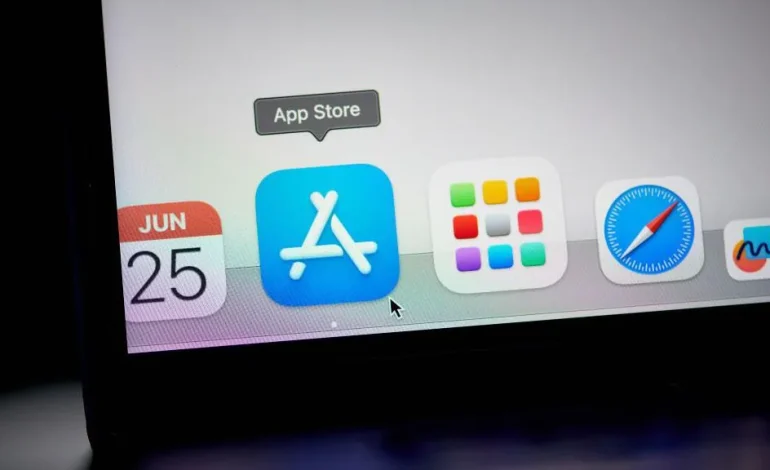Компания Apple официально подала апелляцию на штраф в размере 500 миллионов евро (586 миллионов долларов США), наложенный Европейским союзом, утверждая, что штраф и постановление Европейской комиссии относительно ее практики в App Store выходят «далеко за рамки того, что требует закон».
Дело, которое сейчас рассматривается в Общем суде ЕС, знаменует собой серьезную проверку новых полномочий блока по регулированию технологий в соответствии с Законом о цифровых рынках (DMA).
Штраф, наложенный в апреле, стал результатом вывода Комиссии о том, что Apple нарушила свои обязательства по борьбе с теневым управлением, ограничив возможность разработчиков приложений информировать пользователей об альтернативных и потенциально более дешевых вариантах покупок за пределами App Store.
В своем заявлении в понедельник Apple назвала это решение «беспрецедентным», раскритиковав Брюссель за принуждение к внедрению «запутанных» деловых условий, которые, по словам компании, наносят вред как разработчикам, так и пользователям.
«[Европейская комиссия] определяет, как нам управлять нашим магазином, и навязывает нам условия ведения бизнеса, которые сбивают с толку разработчиков и вредят пользователям», — заявила Apple, заявив, что недавно внесла изменения в политику App Store, чтобы соответствовать DMA и избежать дальнейших ежедневных штрафов.
Спор вращается вокруг того, нарушает ли контроль Apple над платежными сообщениями в приложении правила ЕС о конкуренции. Регуляторы утверждают, что, ограничивая то, как разработчики продвигают внешние предложения, Apple подрывает справедливый доступ к рынку и ограничивает выбор потребителей.
В ответ на выводы Комиссии Apple ввела новые структуры сборов и уступки App Store. Однако теперь она обвиняет ЕС в превышении полномочий путем расширения определения «управления» и изменения своих ожиданий в ходе процесса. Комиссия, тем временем, заявила, что будет защищать свое решение в суде.
Это одно из первых крупных правоприменительных действий в рамках DMA, знакового закона, направленного на ограничение доминирования на рынке так называемых «привратников» — крупных цифровых платформ, таких как Apple, Meta и Google. Закон допускает штрафы в размере до 10% от мирового оборота компании за несоблюдение.
Аналитик по технологиям Паоло Пескаторе охарактеризовал апелляцию Apple как «широко ожидаемую», предположив, что это дело может создать критически важные прецеденты для регулирования цифровых рынков в Европе. Он также отметил сложность внедрения крупных операционных и коммерческих изменений в давно существующие платформы, такие как App Store.
Юрист отрасли Том Смит, ранее работавший в Управлении по конкуренции и рынкам Великобритании, заявил, что юридическое исковое заявление является частью более широкой стратегии Apple по противодействию структурным изменениям в своей бизнес-модели.
«Стоит потратить несколько миллионов на судебные издержки, чтобы задержать разработку более открытой экосистемы приложений», — сказал он.
Судебная тяжба Apple разгорелась на фоне растущих трений между американскими технологическими гигантами и европейскими регуляторами. Администрация президента Дональда Трампа раскритиковала подход ЕС к регулированию технологий, сравнив штрафы с формой «налогообложения» американских фирм. Трамп указал, что отношение ЕС к таким компаниям, как Apple и Meta, может повлиять на предстоящие торговые переговоры, и тарифы будут на столе, если соглашение не будет достигнуто.
Apple также заявила, что действия Комиссии равносильны принуждению компании «отдавать наши технологии бесплатно», и что изменения в ожиданиях регулирующих органов в ходе переговоров «сместили ворота».










The latest news in your social feeds
Subscribe to our social media platforms to stay tuned